Engineering and Science Output (Components of a Robot)
I have been looking at robots, used cases, and the different types.
- Engineering and Science Output (Robotic Used cases)
- Engineering and Science Output (Different types of Robots)
As I did mention, Robots are built to solve specific problems in a faster and more efficient manner. Because of this reason, Robots need to be built with specific components. Let's look at the main component of a robot, the several components, but we will be looking at the main. That is Control systems, Sensors, Actuators, Power Supply, and End Effectors.
Control System
A control system is the brain of the devices that manage, command, and direct all behaviors to achieve the expected results. The actions of a control system are in loop format(has a particular set of functions to execute at a particular time). A control systems are a clear computation relationship between the input and output of the system. A control system for a robot is made up of the central processing unit, putting together all the other sub-components. The control system is programmed to instruct specific components of the robot. A simple illustration is how the human brain sends signals throughout the body. For example, when you touch hot surfaces human brain sends impulses to you to understand you dont have to touch it again. Every robot task is archived from the command from the control system.
Sensors
There are several definitions of a sensor, but I will look at a sensor as an input device that receives signals to produce output. The input device provides input to the main control system(Processor). There are different types of sensors: color sensors, Gas Sensors, water flow sensors, Rain sensors, heartbeat sensors, touch sensors, etc.
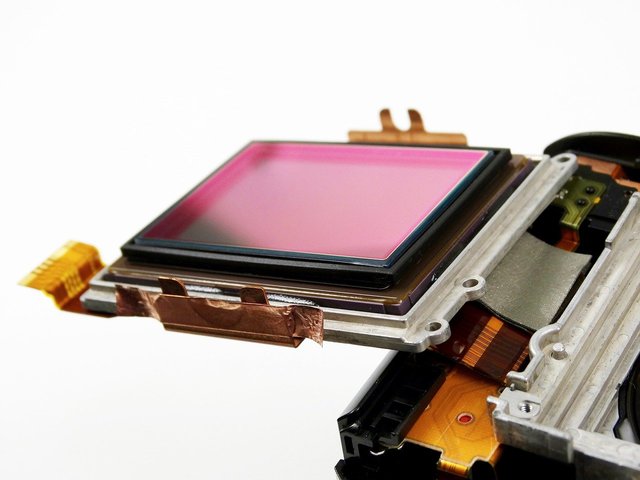 Source Pixabay
Source Pixabay
Looking at Robots, sensors help to convert the signal from electrical to energy which permits the robot to interact with the outside world. The sensor helps the robot to receive commands, which are sent to the control system. A simple illustration is the video camera which functions as the robot's eyes, microphone functions as the ears, and the photoresistors for light-sensitive. A robot uses this sensor to capture what happened in the environment and process, which sends commands to other components.
Actuators
An actuator is the physical part of a device, which helps the device to interact with the external environment. Actuators are components that aid the robot to move and control the system, and they can be seen as movable frames or bodies.
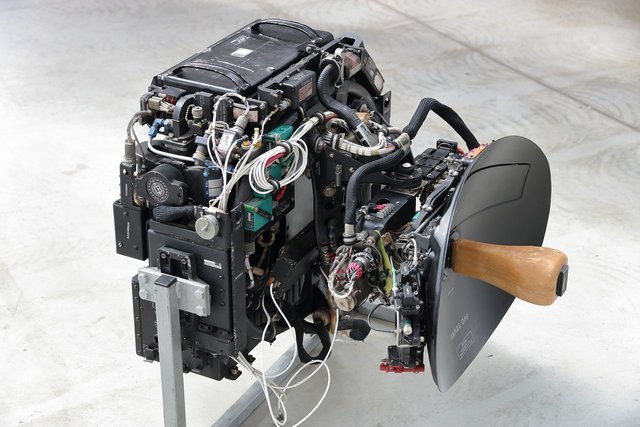 Source Pixabay
Source Pixabay
Robots need Actuators to hold different components like the sensor and control system in one pack. Actuators help robots move and carry up activities to complete the assigned task. Robot Actuators can be made up of materials like metal, elastic, air compressed, hydraulic oil depending on the roles played by the robot.
Power Supply
Many get too mixed with the function of Power Supply and Power Sources. Power sources are the origin of electricity, which can be batteries, generators, solar power, hydraulic power, or electrical outlet. The function of the power supply is to convert the origin electricity sources to a usable correct format. Power supply helps to regulate the voltage needed to be used by the robot devices.
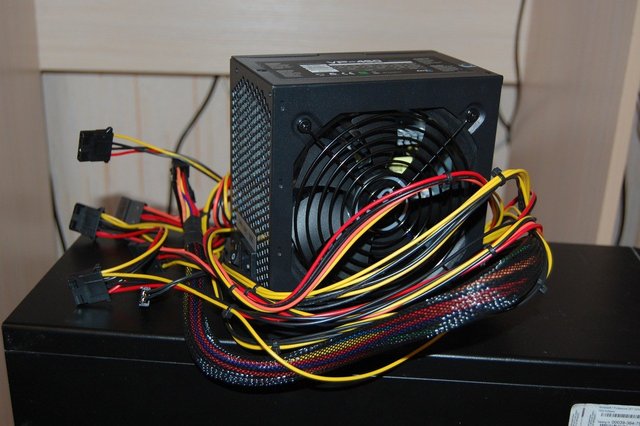 Power Supply: sourcePixabay
Power Supply: sourcePixabay
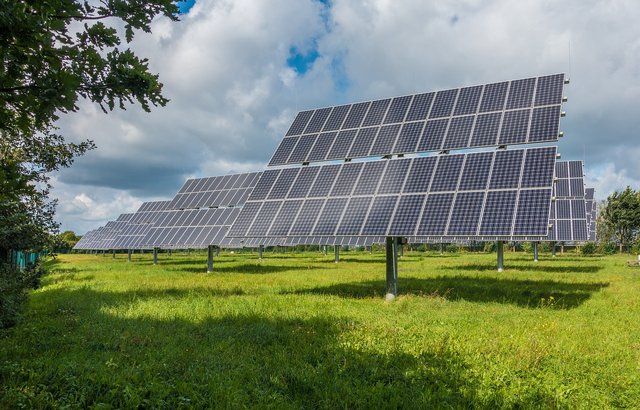 Power Source: sourcePixabay
Power Source: sourcePixabay
Just like we need food in our body system to function, robots require power to function. Some Robots run on AC power while others work on DC power. Most Robots used lead-acid batteries which are safe and cup with a long shelf life, while others used more compact and expensive cadmium. With a robot, the power supply is designed in such a way it is safe, replaceable, has considerable weight, and regulates voltage input.
End Effectors
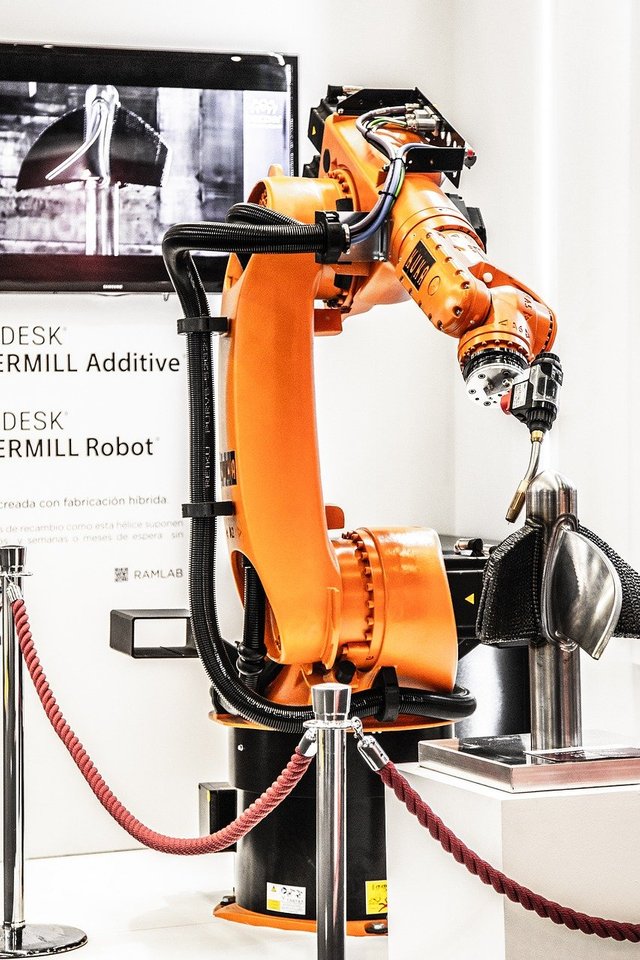 Source Pixabay
Source Pixabay
End Effectors in the external component to execute the final task in completing the command from the control system. End Effectors can be handles, paint sprayers, dills, and sharp tools. End Effectors are designed depending on the task the robot is supposed to carry out. Robots with claws, for gripping and holding, paint sprayer for painting, etc.
As I mentioned above, the server components of a robot. These are just the main components of every robot no matter the specification in the functionality of the robot. Due to the different use cases, other components will apply it to achieve the expected results.
Reference
https://www.electrical4u.com/control-system-closed-loop-open-loop-control-system/
https://www.progressiveautomations.com/pages/actuators
https://www.electronicshub.org/different-types-sensors/
https://www.actpower.com/educational/what-is-a-power-supply-and-how-does-it-work/
Cheers
Thanks for dropping by
@fombae

Wow great mind's like you are good having in the community
Thanks for this inside sir
Hello @, your post has been supported by @jimah1k using @steemcurator07 curation account, which we are using for #science, #technology, and #computing theme tags.
Thank you for making a post in the #science category. We appreciate the work you have put in this post.
We have analyzed your post and come up with the following conclusion: